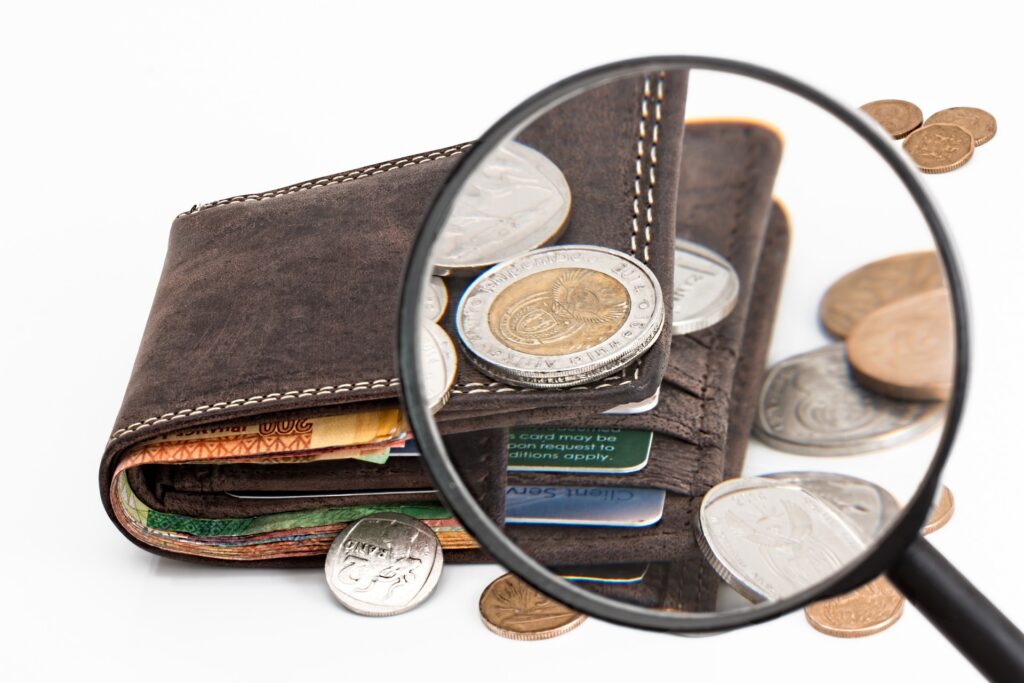Entertainment may not be part of our everyday necessities, but it is one of the many things to give pleasure and makes us feel better. With the inflation kicking in, the first thing we also resort to doing is to cut off spending spree to keep up with the budget. Remember that maintaining a certain standard of living is crucial when you cut back on leisure while trying to pay off debt. Staying with your savings goal will be challenging if everything that makes you happy is taken away.
Therefore, when you cut your entertainment spending, leave some money for enjoyment. There are many methods to have fun and enjoy yourself while staying within a reasonable budget. You only need to exercise a little creativity, and you’ll undoubtedly discover cheap or freeway while having the best time of your life. See below for some suggestions and tips on how to save on various entertainment expenses.
How to reduce entertainment expenses?
1. Make a budget list and stick to it
Budgeting is one of the most useful tools in securing your financial plans. Creating and maintaining a budget helps you track your spending. You can use it properly to plan savings and debt repayment. Identify all entertainment expenses you have and take note of the ones that need extensive use.
An example is if you have a regularly-read magazine, opt for a subscription instead of buying it on newsstands. Further, list everything you subscribe to, such as streaming, magazines, and more. List everything and sort the list from most liked to least important. When you know exactly how much your monthly payment will be, it’s much easier to plan for that expense, factor it into your monthly payment, and cut out what you don’t need.
2. Cut the cable and share memberships
Stick with a basic cable to save money, or buy a digital antenna. Afterward, register for a web streaming service like Netflix, which offers unrestricted access to movies and TV shows for a small monthly cost.
If you want to save even more, share the membership with your roommate if you have one, a family member, or a friend. Further, you may also opt to watch new episodes of well-known basic cable shows on websites like Hulu.com and a wide selection of other free movies and television programs.
3. Reduce electronic entertainment bills
Unplug those electronic entertainment devices if not in use. They usually use several watts an hour, even if they are idle. You can save some money on your electricity bill by unplugging it. Also, regularly check your entertainment equipment for quality checks. You may start getting rid of malfunctioning devices as they may even be spiking up your electric current.
As an add-on, check if your devices have warranties to save more for repairing your stuff. However, be careful, as extended warranties offered by electronics stores are often a waste of money. You will pay more for security than product repair or replacement. This is especially true if you are very careful with your electronics.
4. Go to the library
Library cards don’t expire, are free, and give you access to hundreds of books, games, movies, CDs, and more. The best discount in the world is 100% off. Go to the library — it’s free! All libraries currently have a limit on the number of items that you can check out at one time. However, these limits are usually high and do not present much of a hindrance. In addition, more and more libraries are waiving late fees to encourage customers to take advantage of their services.
5. Choose home movie entertainment over theaters
Another area where you can reduce spending is going to the cinema less often. Rather, you can have entertainment inside your cozy home with fewer expenses for transportation and concession food from the movie house, plus you can manage your time and have it all you want. Also, you can have your friends come over for a movie night for a more fun night with your circle of friends.
Now, if you want to see that movie you have been waiting for, most movie theaters charge less (as much as 50%) for tickets for afternoon showings.
6. Attend free events
Take advantage of street fairs, concerts in parks, or other free community events. Some facilities that normally charge admissions, such as museums, zoos, and aquariums, offer free admission days once a month. Next time you plan dinner or head to a bar, look for places with live music and comedy shows. Check your local newspaper, coffee shop, or college for a list of upcoming events.
7. Look for discounts
Some people say ID is all they need to save money. Senior citizens, students, military personnel, or their families can receive discounts at retail stores, movie theaters, theme parks, national parks, and restaurants. Children often take advantage of discounted tickets too.
8. Look for free games
For game hunters, you can search for free online games. There are fun games suitable for your cup of tea. These games will help you spend less on buying expensive game stations or game arcades while having fun at the same time.
9. Listen to music via streaming platforms
Instead of buying every song you listen to, try a music streaming service. Most services are online libraries filled with songs that users can listen to without downloading. These services often offer low-cost, ad-free subscriptions, but many offer free options.
10. Use your credit card benefits
In the right circumstances, your credit card is more budget-friendly than cash. Credit cards may offer points or cash back for theater and sporting event tickets, electronics purchases, and other entertainment-related transactions. Some cards offer special discounts and early access to event tickets through partnerships and promotions.
Conclusion
Spending money on movies, TV, and special events can add to your everyday living expenses. Sorting out your entertainment cost can be daunting but will surely help you save more money. There are different ways to curb entertainment spending without sabotaging your favorite past times. Keep track of your budgeting scheme and compare one month to another to see how your spending habits change.



